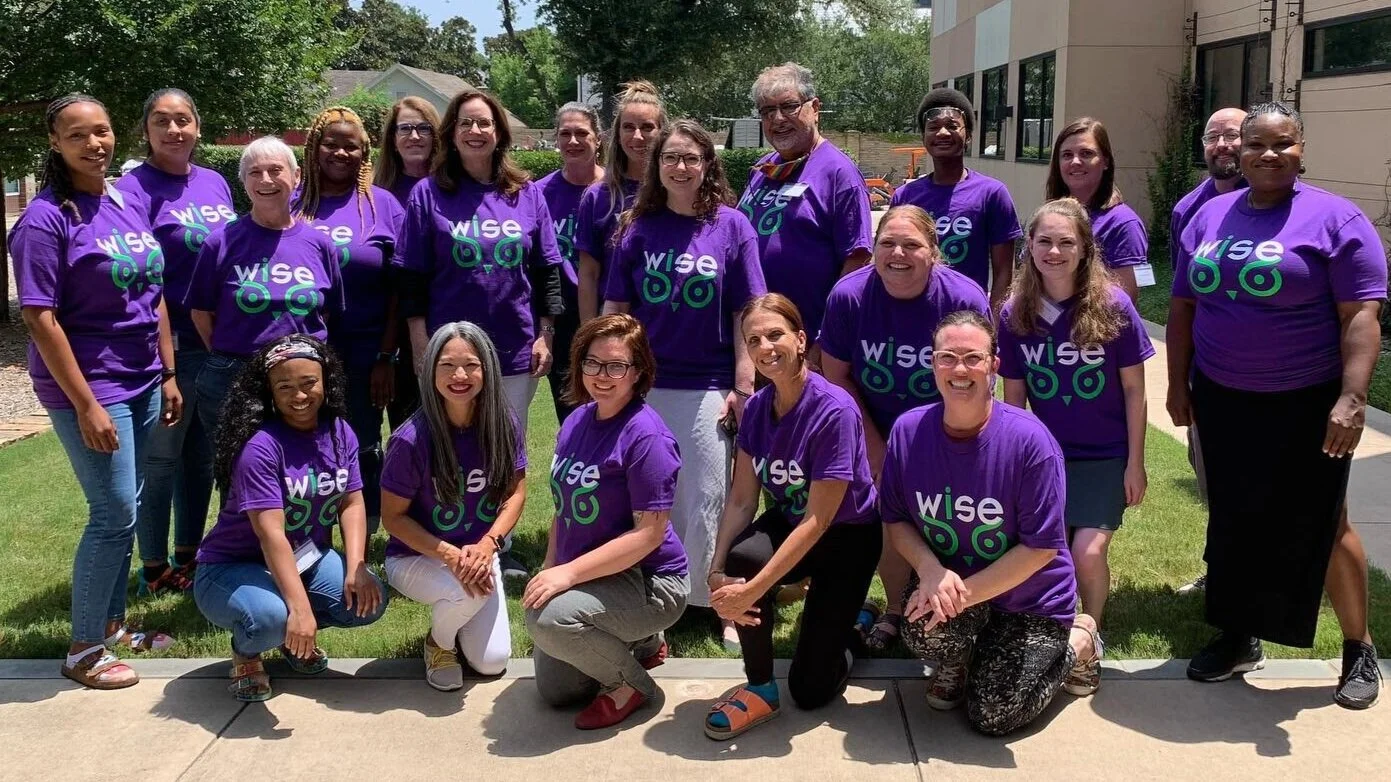Making Connections and Making an Impact
/I love what I do. I’m grateful every day to have meaningful work that I know benefits young
people, even when it’s hard. Sometimes it can be challenging to have such a short amount of
time with a class; relationship building is immeasurably valuable to education, and we often
don’t get to know the students the same way their regular teachers do. But it’s beautiful to see
the impact we can have, even with just a few sessions, and to know that those messages will
last for years—even decades—after we’ve left their campus. Here’s a short list of some recent
highlights from the classroom:
Read More























